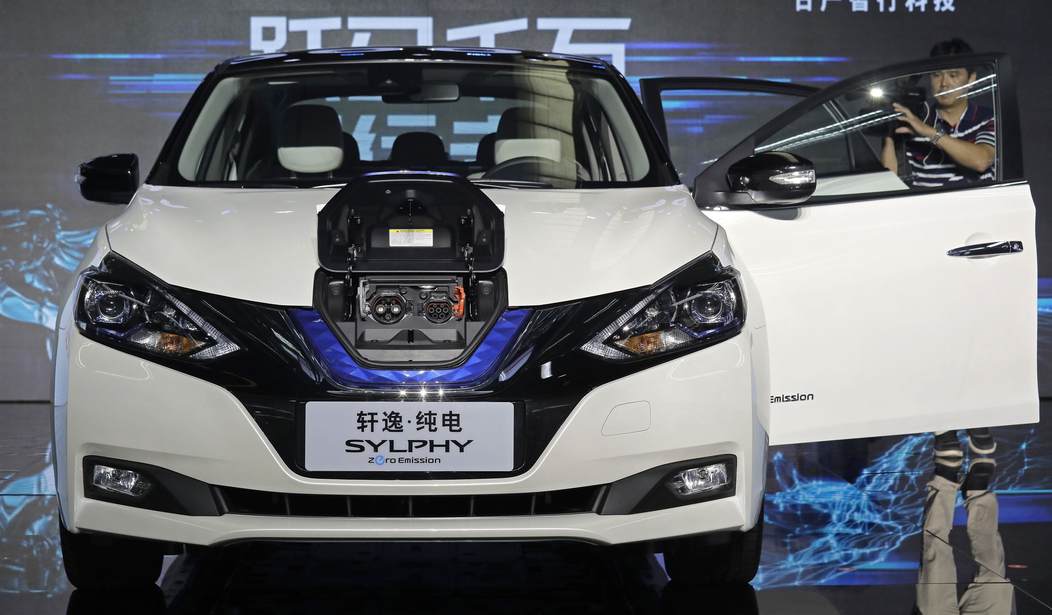Most folks will find this question shocking. In the current climate, China is the bogeyman, threatening the stability of the global economy. But a closer look at industries such as the electric vehicle (EV) industry reveals a different picture. In China, EV companies are engaged in a cutthroat competition rivaling that in any country.
Elon Musk’s Tesla is on the cutting edge in the highly competitive market for EVs. Other companies, including Chinese EV producers, are playing catchup in competing with Tesla. However, China has emerged as the leader in producing low-cost EVs and is expanding production of high-end EVs as well. Elon Musk’s most recent venture is producing low-cost EVs to compete with the Chinese. He has received approval from the Chinese to produce these vehicles in China. That decision was crucial because success depends upon producing low-cost EVs in China and other developing countries with lower cost of production.
Elon Musk has decided to make robotaxis the centerpiece in Tesla’s long-range planning for EVs. This may be the riskiest decision he has made, given the technological hurdles facing a system relying on cameras and sensor technology. China has tentatively approved Tesla’s most advanced full self-driving vehicle. In the United States, regulatory hurdles will keep these vehicles off the market for some time to come.
Tesla is also a leader in producing EV chargers, but its share of this market has fallen as competitors have grown. Elon Musk has cut back on capital invested in EV charging stations in the United States due to increased competition and declining sales for EVs. Musk’s decision has been criticized because it undermines President Biden’s plans for rapid growth in EVs and EV charging stations. But Musk’s decision is a reminder that the success of EV companies depends upon their ability to make a profit.
RELATED:
Chinese Electric Vehicle Companies Claim American Manufacturers 'Aren't Ready'
A major hurdle for EV companies is growing protectionist measures, especially those directed toward China. Every country with a nascent EV industry is pursuing protectionist policies involving some combination of subsidies, tariffs, and other trade restrictions. Through protectionist measures, countries attempt to restrict Chinese imports and protect their domestic industries.
The United States has taken the lead in this geoeconomic fragmentation. Support for this protectionism is bipartisan, with presidential candidates from both parties promising to punish the Chinese. President Biden has significantly increased tariffs on EV imports from China, and Donald Trump promises to increase them to 60 percent. Political leaders in the United States are intent on creating a hothouse EV industry; when countries prop up their EV firms with subsidies and protectionist measures, they end up with zombie firms.
As the U.S. government pursues protectionist policies toward the Chinese and other countries, this narrows the opportunities for Musk and other entrepreneurs to launch new EV technologies and innovations. Elon Musk has been successful so far in overcoming the hurdles imposed on producers of EVs by protectionist measures. Over the long term, his success in producing EVs will depend on whether Tesla remains on the cutting edge of technology, not on the protectionist measures imposed on the Chinese.
Whatever boost EV firms have received from government subsidies and protection in the short term, their survival over the long term depends upon their ability to compete with other EV producers in this highly competitive market. The Chinese market for EVs may now be more capitalist than the United States.
Barry Poulson ([email protected]) is a policy advisor with The Heartland Institute.













Join the conversation as a VIP Member